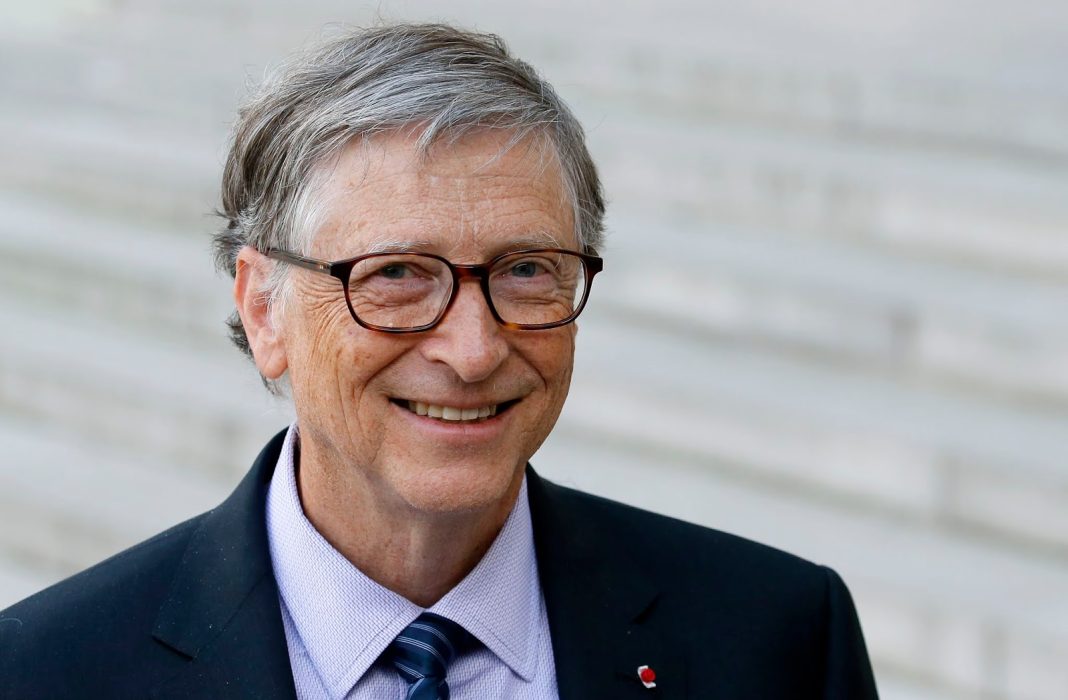Nigeria’s Health Budget ‘Very, Very Small’, Says Bill Gates
Bill Gates, co-chair of the Bill & Melinda Gates Foundation, has called on the Nigerian government to significantly increase its investment in healthcare, warning that current spending levels are inadequate to tackle the country’s high maternal and child mortality rates.
Speaking at a media roundtable in Abuja on Wednesday, June 4, 2025 Gates said Nigeria’s health expenditure remains critically low, and meaningful progress will remain elusive without substantial fiscal commitment.
The billionaire philanthropist disclosed that he had discussed the matter directly with President Bola Tinubu.
“Well, the amount of money Nigeria spends on health care is very, very small,” Gates said.
“I don’t know why you would have expected that number [referring to maternal mortality] to go down.”
He stressed the importance of institutional healthcare access, noting that maternal complications cannot be managed effectively in home settings.
“What countries like India do is they drive delivery into centres where they can give C-sections. But that takes money,” he added.
In February, the Nigerian National Assembly increased the 2025 healthcare budget by ₦300 billion, bringing the total allocation to ₦2.48 trillion—representing just 5.18 percent of the national budget.
While the increase was welcomed, it still falls short of the 15 percent target set by the Abuja Declaration, a commitment Nigeria signed alongside other African Union member states in 2001.
Gates also addressed global health funding gaps, particularly the declining support from Western donors, including the United States.
Asked whether the Gates Foundation would fill the void left by the U.S. government’s pullback from global health funding, he responded plainly: “No organisation can match the financial contribution of the U.S. government.”
He added, “We spend more every year, and all my money will be spent… If they increase, I’ll still spend my money. If they disappear, I’ll still spend my money. So my money is not extra money.”
Gates noted that while his foundation has tried to cover emergency shortfalls — including unfinished medical trials and unused medicines left in warehouses — there is no true substitute for large-scale public funding.
“I’m very upset about it. We’ll have more HIV deaths, malaria deaths, and maternal deaths. There’s just no denying that that money was being well spent,” he said.
He also cited reductions in health funding from Germany and the UK, attributing their cuts not to ideology but to economic pressure from ageing populations and the war in Ukraine.
In May, Gates reaffirmed his commitment to global philanthropy, announcing plans to give away the majority of his wealth within the next two decades.
He said much of his $200 billion commitment will be directed toward Africa, where health needs remain pressing.
Despite the bleak outlook on international support, Gates urged Nigerian authorities to take ownership of the country’s healthcare priorities.
“If the money isn’t coming from outside,” he said, “then it has to come from inside.”






No comments